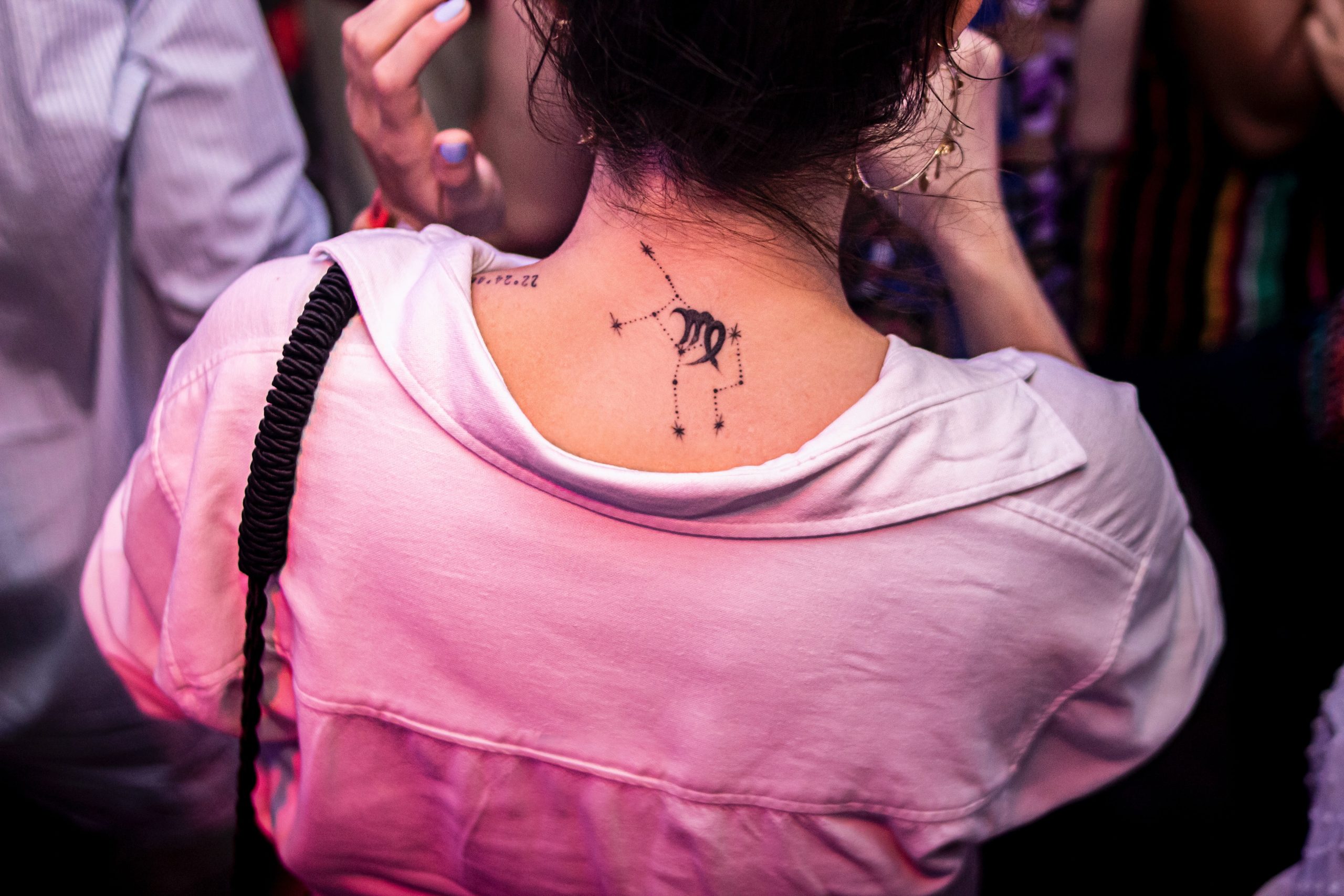Why Do I Get My Period Every Full Moon?
Have you ever noticed that your menstrual cycle seems to synchronize with the phases of the moon? It may seem like a curious coincidence, but there is a longstanding belief among some individuals that their menstrual cycle aligns with the lunar cycle. In this blog post, we will explore the possible reasons behind this phenomenon and separate fact from fiction.
The Lunar Connection
For centuries, people have associated the moon with femininity and its cycles. As the moon goes through its various phases—from the new moon to the full moon and back again—it is believed to exert an influence on many aspects of life on Earth, including women’s reproductive cycles.
Though the idea that menstruation follows the lunar cycle may seem mystical, it is essential to approach the topic with a scientific mindset. In scientific studies, no concrete evidence has been found to support the notion that lunar phases affect menstruation. However, human beings are complex creatures, and individual experiences may lead some to believe in the moon’s influence on their menstrual cycles.
The Menstrual Cycle
Before delving into the connection between the menstrual and lunar cycles, it is crucial to understand the menstrual cycle itself. The menstrual cycle is the monthly hormonal cycle experienced by women of reproductive age. It typically lasts about 28 days, but can vary between individuals. The menstrual cycle can be divided into four phases: menstruation, the follicular phase, ovulation, and the luteal phase.
1. Menstruation: This phase marks the shedding of the uterine lining, resulting in bleeding that lasts for an average of 3-7 days.
2. Follicular Phase: During this phase, follicles in the ovaries begin to mature, nourishing the eggs. The lining of the uterus thickens in preparation for a potential pregnancy.
3. Ovulation: Typically occurring around day 14 of the menstrual cycle, ovulation is the release of a mature egg from the ovary. If fertilized, the egg may implant in the uterus.
4. Luteal Phase: If the egg is not fertilized, the uterus prepares for menstruation by breaking down the thickened lining.
The Myth of “Moontime”
The belief that menstrual cycles align with the lunar cycle centers around the idea of “moontime” or “moon-time.” This concept suggests that women are bioenergetically attuned to the moon’s energies, resulting in the synchronization of their menstrual cycles with the lunar phases.
Supporters of this belief argue that, historically, women living in close-knit communities often menstruated around the same time. This collective synchronization, known as the “McClintock effect,” is thought to be influenced by environmental factors, such as pheromones and the close proximity of women living together. However, the “McClintock effect” does not explicitly link menstrual cycles to the lunar cycle.
The Role of Circadian Rhythms
While the moon’s connection to menstruation remains largely speculative, another scientific theory suggests that the correlation between menstrual cycles and the lunar cycle could be due to the role of circadian rhythms. Circadian rhythms are physical, mental, and behavioral changes that follow a roughly 24-hour cycle, responding primarily to light and darkness in an organism’s environment.
It is theorized that women’s reproductive hormones, which regulate the menstrual cycle, may be influenced by variations in exposure to natural light. As the moon’s phases affect the amount of light present during the night, it is possible that this natural light exposure could impact the regulation of hormones involved in menstruation.
Individual Variations
Each woman’s menstrual cycle is unique, influenced by a variety of factors such as stress, diet, exercise, and overall health. Therefore, any perceived synchronization with the lunar cycle could merely be coincidental.
Moreover, it is important to recognize that the lunar cycle itself does not align neatly with the concept of a standardized 28-day menstrual cycle. The lunar cycle, which lasts about 29.5 days, does not perfectly correspond with the length of the menstrual cycle, leading to variable menstrual cycle patterns among individuals.
Conclusion
While folklore and personal experiences may suggest a connection between menstrual cycles and the lunar cycle, scientific evidence supporting this belief is currently lacking. The human body is a complex system influenced by numerous internal and external factors, making it challenging to attribute menstruation patterns solely to the moon’s phases.
As we continue to explore the mysteries of the universe, it is crucial to approach fascinating phenomena like the relationship between menstrual cycles and the moon with a blend of curiosity, healthy skepticism, and respect for the individual experiences that may shape these beliefs.
Table of Contents
